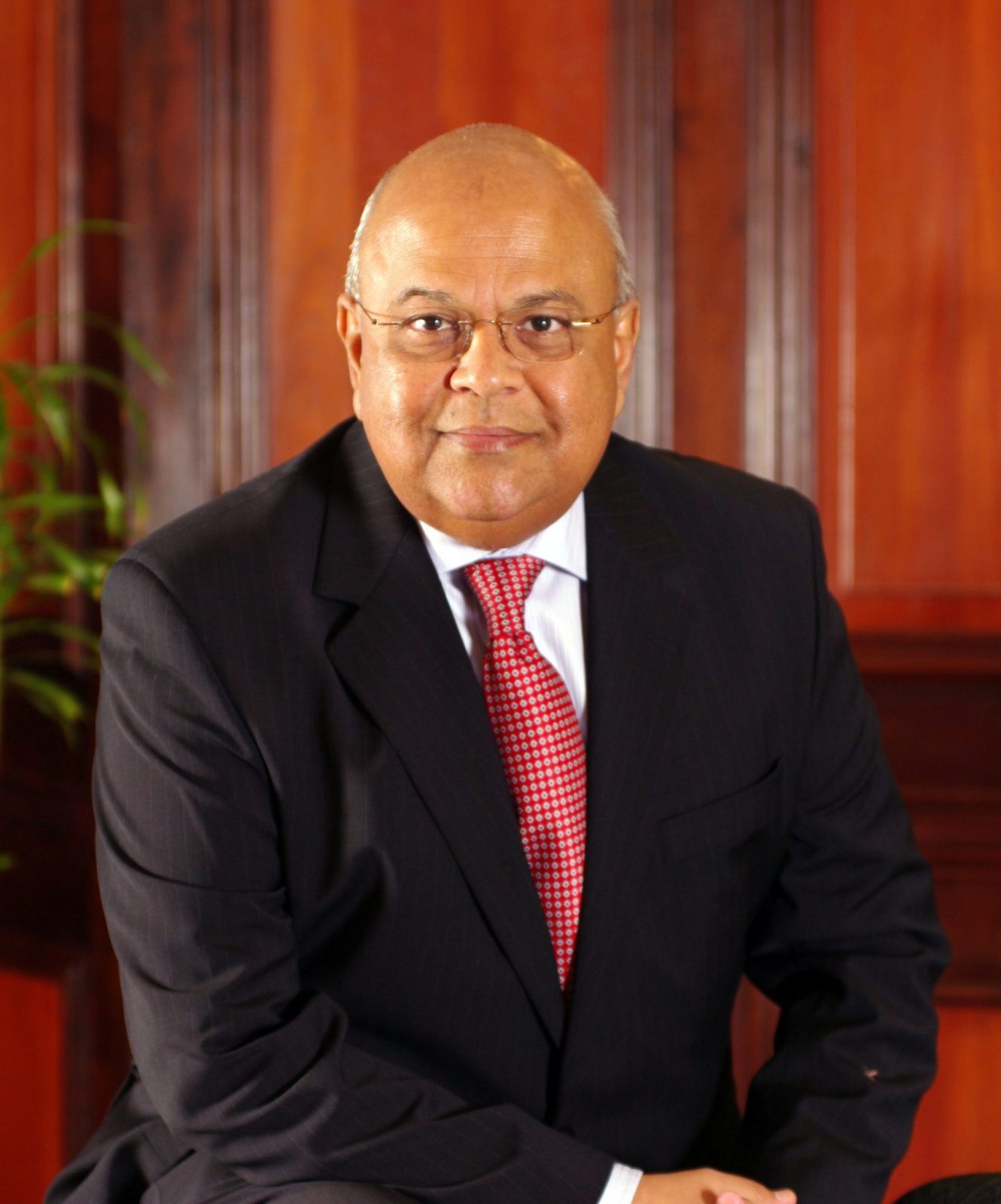Since 1985, Africa’s growth has dipped below zero only twice – in 1991 and 1992. Over the past 10 to 15 years, the continent’s growth has been impressive, fueled by fast-paced urbanization, increasing political stability, connectivity, a youthful population and an expanding middle class.
Another contribution to its success is the emerging trend towards economic diversification. While in the past, Africa’s growth has been largely resource-dependent, the 2008 global financial crisis exposed the continent’s vulnerability to external economic shocks. Those economies largely dependent on the export of commodities were hardest hit.
The movement towards economic diversification has the potential to increase Africa’s resilience. It will also contribute to the continent’s development and ability to achieve sustainable, long-term economic growth.
Small, medium and micro enterprises (SMMEs) have played a critical role in the stability of economies on the continent. Overall, SMMEs account for 20% of Africa’s gross domestic product (GDP) and 50% of the continent’s jobs. In South Africa’s case, an estimated 2.8 million SMMEs contribute between 52% and 57% of GDP. They also provide about 61% of employment, according to official government figures.
However, the development of these budding areas of economic prosperity requires the combined efforts of African governments and the private sector.
“Finance is the number-one biggest constraint for businesses, particularly in Africa,” says Delphine Govender, co-founder of Perpetua Investment Managers. Finance is thus a very nece-ssary discussion to have. In Nigeria, for instance, the formal financial sector meets only 1% of business needs. In China and India, these percentages are above 20% and 30%, respectively.
There is no denying that Africa’s needs are great. But in addition to the construction of physical infrastructure, there is social infrastructure and business growth. Finding sound projects can be a challenge, Govender says. Investors require returns that commensurate with risk, and often, the challenge is not necessarily in financing the project, but in repaying that finance.
Brian Molefe, the chief executive officer (CEO) of South African rail and infrastructure company Transnet, believes “transformational leadership” is key to growth. He says leadership is about making bold and audacious decisions. And then acting on those decisions: “We’re good at talking, but we need to start doing.”
Furthermore, Africa’s leadership needs to decentralize and become more accessible. This is where social media platforms can play a role. In Rwanda, for example, the president and many politicians are active on Twitter, keeping the government accountable to ordinary citizens.
Admassu Tadesse, the CEO of the Burundi-headquartered Eastern and Southern African Trade and Development Bank, commonly known as the PTA Bank, says that leaders on the continent are under pressure to live up to expectations.
“We’ve done well but there is huge pent-up demand that needs to be dealt with, such as infrastructure. This is the challenge we face.”
Tadesse points out that Africa’s strong growth has also not translated into jobs, which is of major concern, given the millions of young people who enter the job market every year.
“Average growth rates of six percent are not sufficient. Rather, we should be targeting nine percent,” he says. Tadesse has also highlighted that African investment as a percentage of GDP at 22% still lags behind other regions, including Latin America at 32% and Asia at more than 40%. The solution, he argues, is to ensure that Africa’s growth becomes inclusive.
One of the key challenges African companies face is how best to take advantage of the continent’s status as the new economic frontier.
Opportunities abound in developing industries such information and communications technology (ICT) and energy. This is evident from the growing investment in alternative sources of power, such as nuclear, gas and renewable energy (hydro, wind and solar). Immense quantities of natural gas have been discovered in South Africa’s Karoo region. It has led to fierce public debate, weighing up the possible impact on the environment against potential job creation.
Organizations such as the International Finance Corporation, the World Bank’s private sector arm, are investing in the sector, particularly in energy efficiency and in renewable energy.
And the critical role that ICT is playing in transforming Africa by connecting businesses, citizens and governments cannot be undermined.
However, it is only through emphasizing intra-African trade that the continent’s growth and prosperity can be truly inclusive and sustainable.
The continent’s resources will not last forever, especially with a population that is expected to double in the next 30 years. This warrants more focus on diversifying economies, ensuring financial inclusion and emphasizing sustainable growth.
For Pravin Gordhan, South Africa’s finance minister, the solution lies in developing the kind of business models that will buffer the economy against further shocks. “Africa has come a long way in terms of reducing risk premiums… (But) we do have a perception deficit,” he points out.
The continent’s time has come, but success depends on the choices that African leaders make and the institutions they build.
The authors are media consultants. This article is based on discussions held at the Association of Black Securities and Investment Professionals conference in September.
